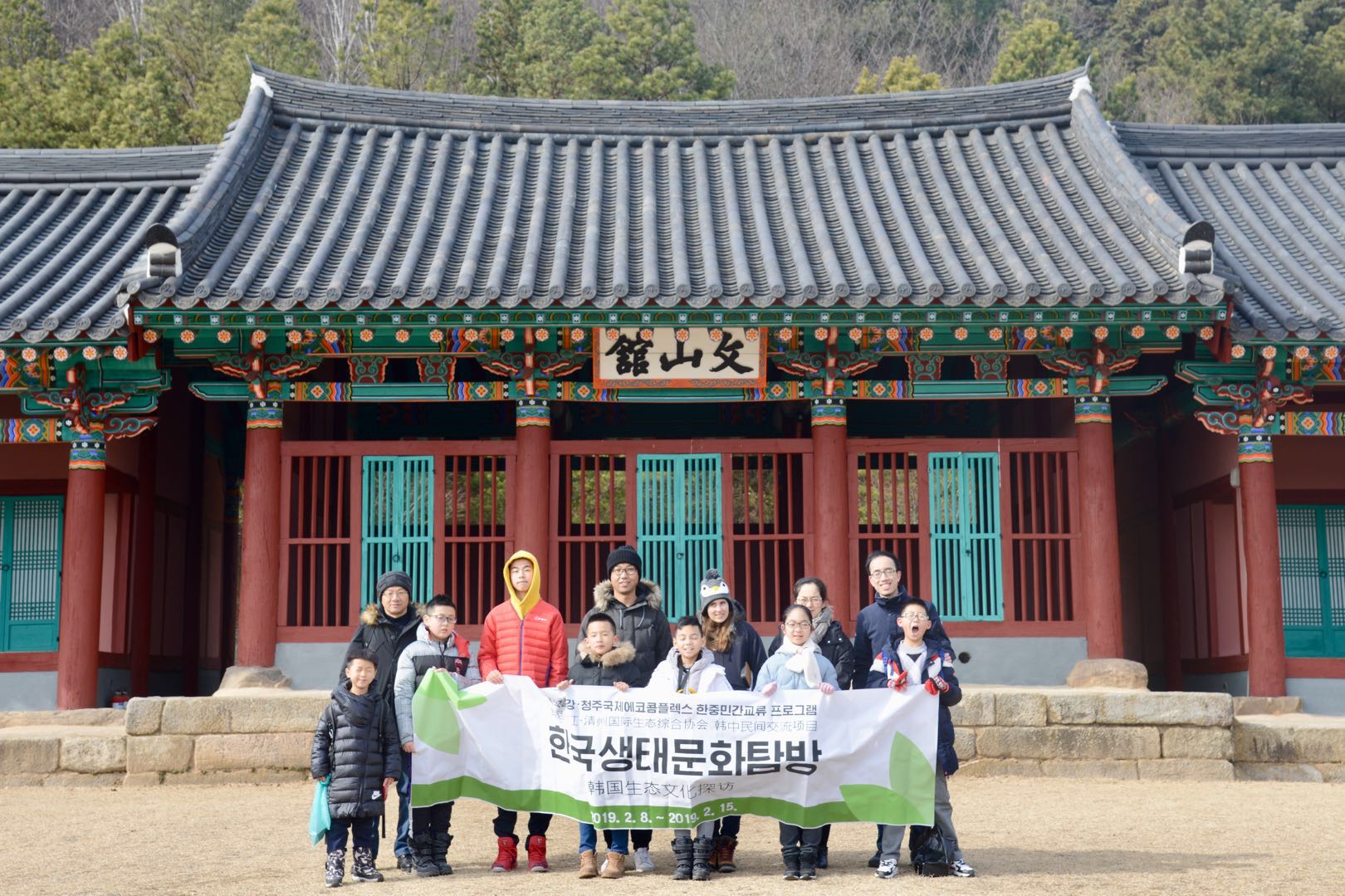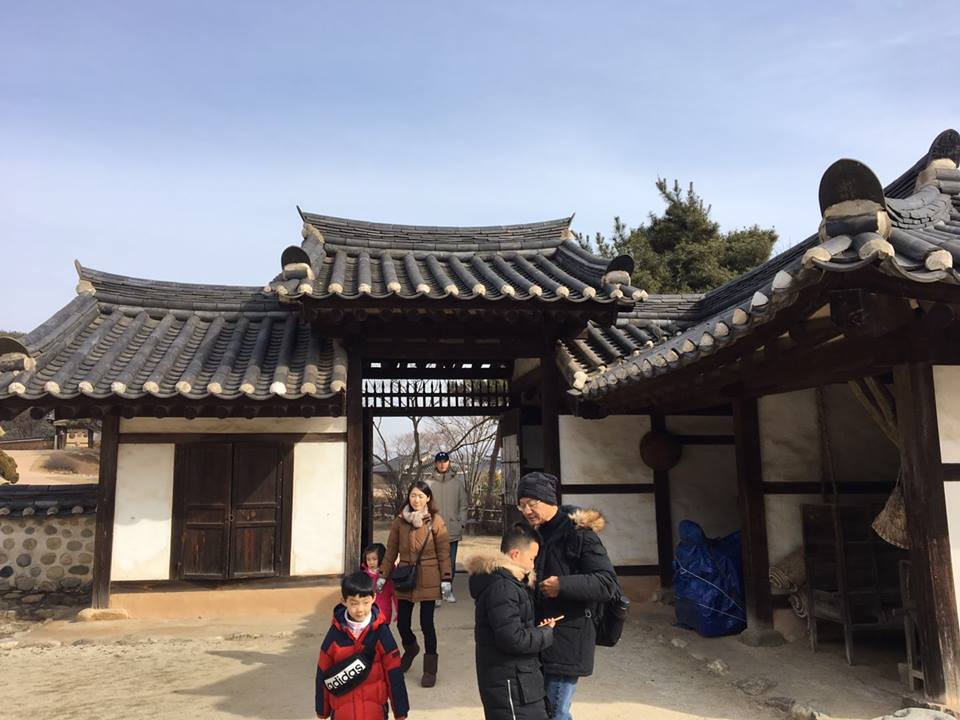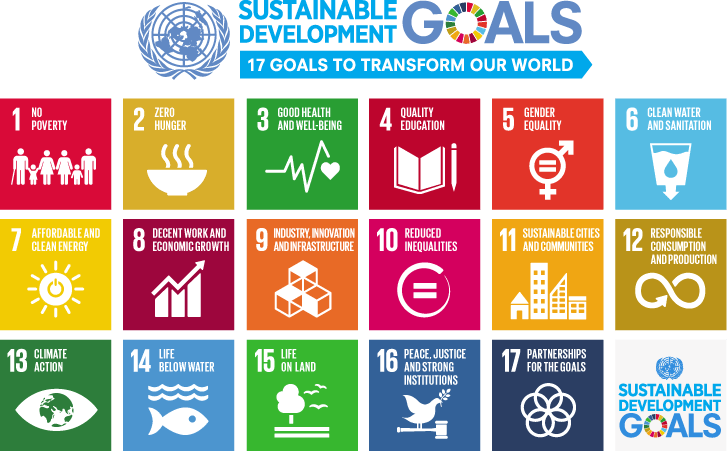
Reported by Katherine Olson, Waterkeepers China Communication Associate
February 8 to 15, Qiantang River Waterkeeper led a group of students on an in-depth tour of the city of Cheongju to learn about South Korean culture and ecology, with an overarching theme of the United Nations’ Sustainable Development Goals (SDGs) along the way. Camps such as this one are Qiantang River Waterkeeper’s brand-name project, often held during winter and summer breaks. The so-called “Earth Successor” SDG Discovery Tour project aims to help students become earth successors and SDG-advocating global citizens.
Participants of the Korean “Earth Successor” SDG Discovery Tour stayed at a local ecology center built on what was once a landfill, but has now been converted into a beautiful park, wetland, and interactive environmental learning center for students of all ages. At the ecology center, students saw the eco-friendly floor warming system, which is heated by natural warm gas deep beneath the earth, learned about a local endangered fish species (and even made their own out of clay!), and more.
Cheongju’s government and citizens are dedicated to keeping the local environment and ecology thriving, and it shows—in addition to the ecology center, Qiantang River Waterkeeper’s campers visited a toad protection center built to educate the local public about a species of toad that resides in the mountains surrounding a residential area. When locals discovered that the toads were traveling through their neighborhood to reach their mating ponds, they built protective infrastructure such as tunnels to keep the toads from being crushed on the road during their journey. The woods and ponds around the toad center are actually home to many different types of amphibians and reptiles, which students got a chance to learn about during their visit. However, this was, after all, an SDG Discovery Tour, not just an ecology tour—so in addition to learning background information about animal and plants, students learned the importance of protecting them and why maintaining ecological balance is necessary for a healthy, sustainable planet.
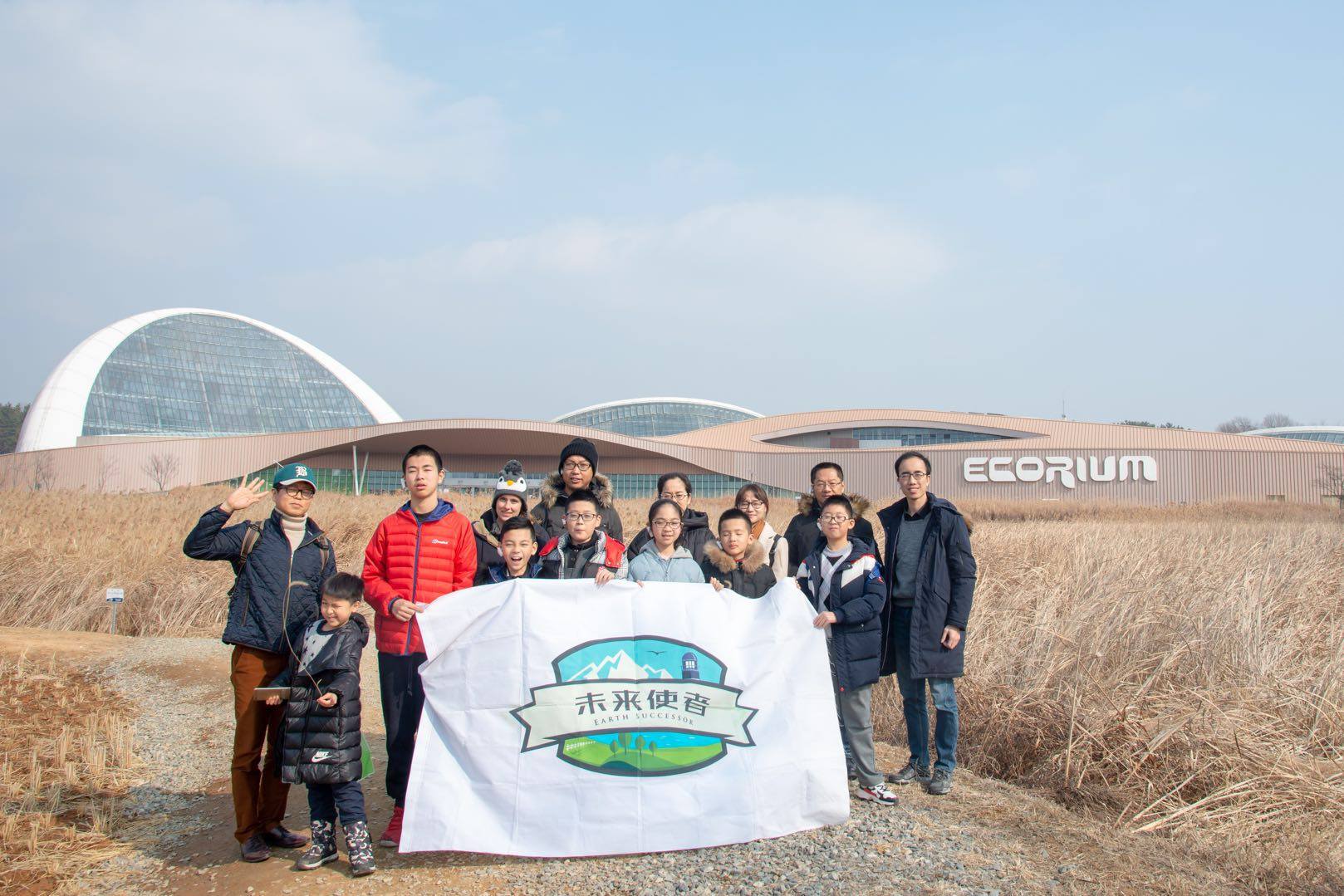
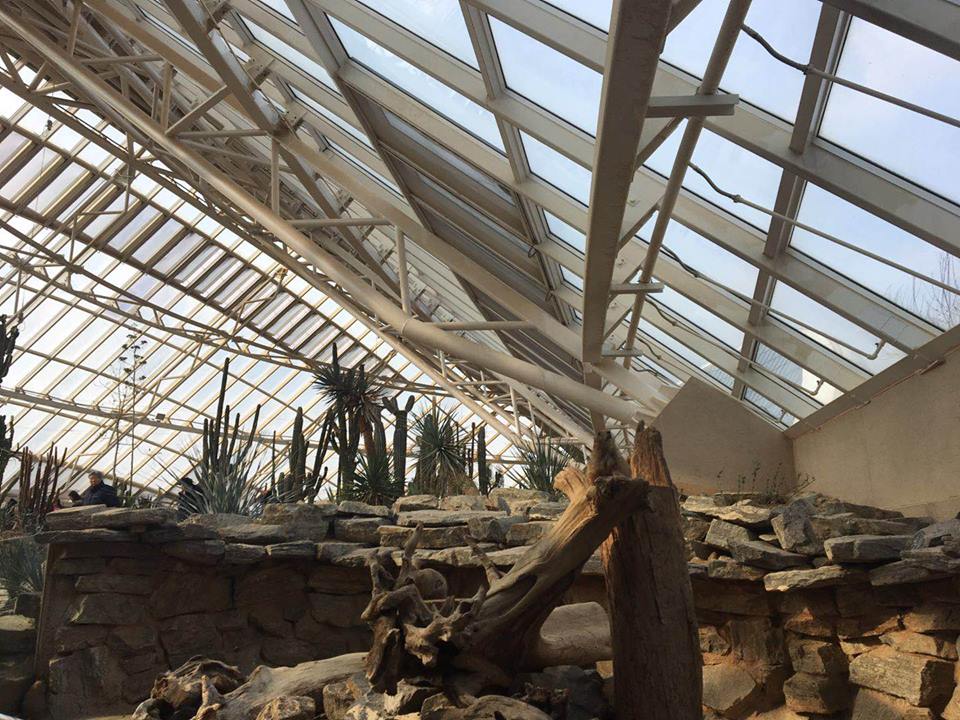 In addition to exciting activities such as a visit to the national Ecorium, where students explored biomes such as “rainforest,” “polar regions,” and “desert,” and a trip to Wenyi Village, which preserves the lifestyle of South Koreans from hundreds of years ago for modern visitors to see, students were extremely fortunate to get an opportunity to meet with the mayor of Cheongju, who talked about his efforts to make Cheongju a green city. Students told the mayor about the impressions the city left on them and asked questions. This wasn’t just a simple meeting between individuals—it was small-scale SDG diplomacy between South Korea and China, and the campers were proud and excited to be a part of it.
In addition to exciting activities such as a visit to the national Ecorium, where students explored biomes such as “rainforest,” “polar regions,” and “desert,” and a trip to Wenyi Village, which preserves the lifestyle of South Koreans from hundreds of years ago for modern visitors to see, students were extremely fortunate to get an opportunity to meet with the mayor of Cheongju, who talked about his efforts to make Cheongju a green city. Students told the mayor about the impressions the city left on them and asked questions. This wasn’t just a simple meeting between individuals—it was small-scale SDG diplomacy between South Korea and China, and the campers were proud and excited to be a part of it.
Campers stayed busy every day exploring the city and outlying areas, including its beautiful river, museums, temples, and vibrant street market. At night, they learned about SDGs (including an interactive board game to test each others’ knowledge on each SDG category) and worked on their “nature notebook,” in which they wrote and drew about what they learned about each day so they could keep their knowledge and insights preserved to share with others and remember far into the future.
This was an invaluable opportunity for students to learn and discuss SDGs in a new environment and take lessons from South Korea back home to make their own lives, neighborhoods, and cities more sustainable. Through trips such as these, Qiantang River Waterkeeper is educating students, facilitating international collaboration, and igniting the passion of the next generation for protecting our planet and humanity itself.
